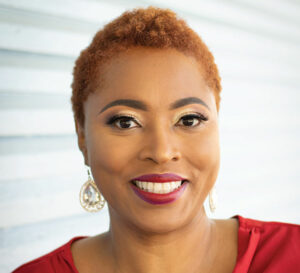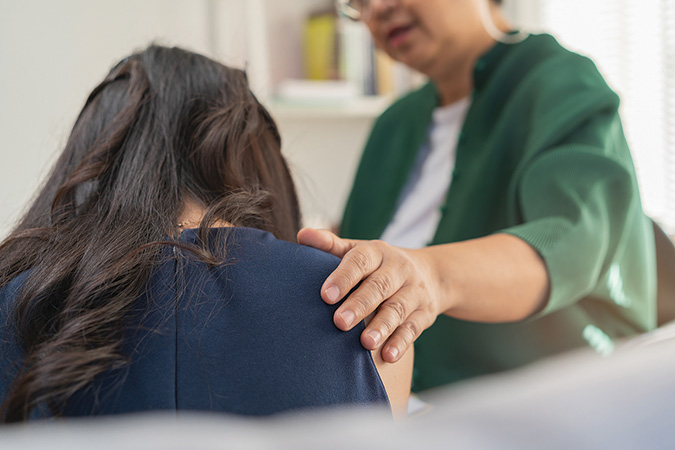By Mavis A. Creagh

For many people, the pandemic caused additional stress, worry and fatigue. The number of individuals in Mississippi and nationwide who experienced mental health crises spiked tremendously. Certain demographics such as children, the elderly and those living with disabilities were at even greater risk of experiencing mental illness symptoms.
Disaster, in whatever form it comes, takes a toll on people’s psyches. We recently saw devastating and fatal tornadoes rip through northern Mississippi. Multiple communities were devastated, and some now must rebuild completely. These storms affected rural populations that often are underserved and may not receive adequate support and resources.
Although the communities are very tightknit, suffering such trauma can become almost unbearable. Some people lost multiple loved ones, which is a lot to endure for any individual, family or community.
Mississippi is like many Southern states when storms strike; people pitch in and come together for their neighbors. They fill in gaps, figure things out and fight feverishly to make headway. The people in these communities are resilient and strong, but what happens when the strong get weak?
Everyone has a breaking point. As someone who has worked in disaster recovery since Hurricane Katrina, I can attest that hearing the stories and witnessing the moments of frustration, anguish, grief and hope is important. Contrasting emotions can exist simultaneously.
Someone in distress can seek counseling, reach out to others for help and support others who have been impacted. Disaster response doesn’t have to be one dimensional. Someone may be serving and assisting while needing breaks for respite and purposeful calm.
There is a whole area of disaster services focused on spiritual and emotional wellbeing. Support, training and care are available for survivors, volunteers and workers. Many people only think of rebuilding infrastructure and buildings after a catastrophic event. However, restoration should follow a holistic approach. Some partners specifically have programs to support mental, emotional and psychological wellbeing for survivors.
Additionally, those who are responding to disasters can become overwhelmed and exhausted. Although you may not have experienced disaster-related loss, knowing people who have, or even repeatedly being reminded, can cause mental anguish. We as caregivers must remember to check on each other and take care of ourselves.
After the 2017 tornadoes that tore through Pine Belt, Mississippi, I received 70-plus calls and messages the day after the storm. I was new to my role and emotionally in shock. I lived through the disaster but also was working in disaster recovery. I cried as I went to work and served for the first few days as I witnessed the devastation up close.
About a month after the storm hit, another weather system came through. I became anxious and overwhelmed. These are symptoms that many survivors experience. I try to empathize with those grappling with this now. We never know what survivors are dealing with, but we can offer support and resources and assure them they are not alone.
As you witness the aftermath of tornadoes and recent flooding, remember that people are involved and affected. As the response continues to the Jackson water crisis and recent garbage issues, take note that these are individuals who have experienced repeated traumas. When you go to underserved and poorly resourced areas, consider how we can build back better while offering a holistic approach to recovery.
Every community, disaster and survivor is different, but the goal to support healing is the same.
Mavis A. Creagh is the vice chair for Mississippi Voluntary Organizations Active in Disaster (VOAD) and serves on the Housing Committee for National VOAD. She also is the executive director of R3SM Inc., a long-term recovery organization that began after Hurricane Katrina, president of NAMI (National Alliance on Mental Illness) Pine Belt and serves on the NAMI MS Board. Learn more or reach her at www.mavisacreagh.com.


